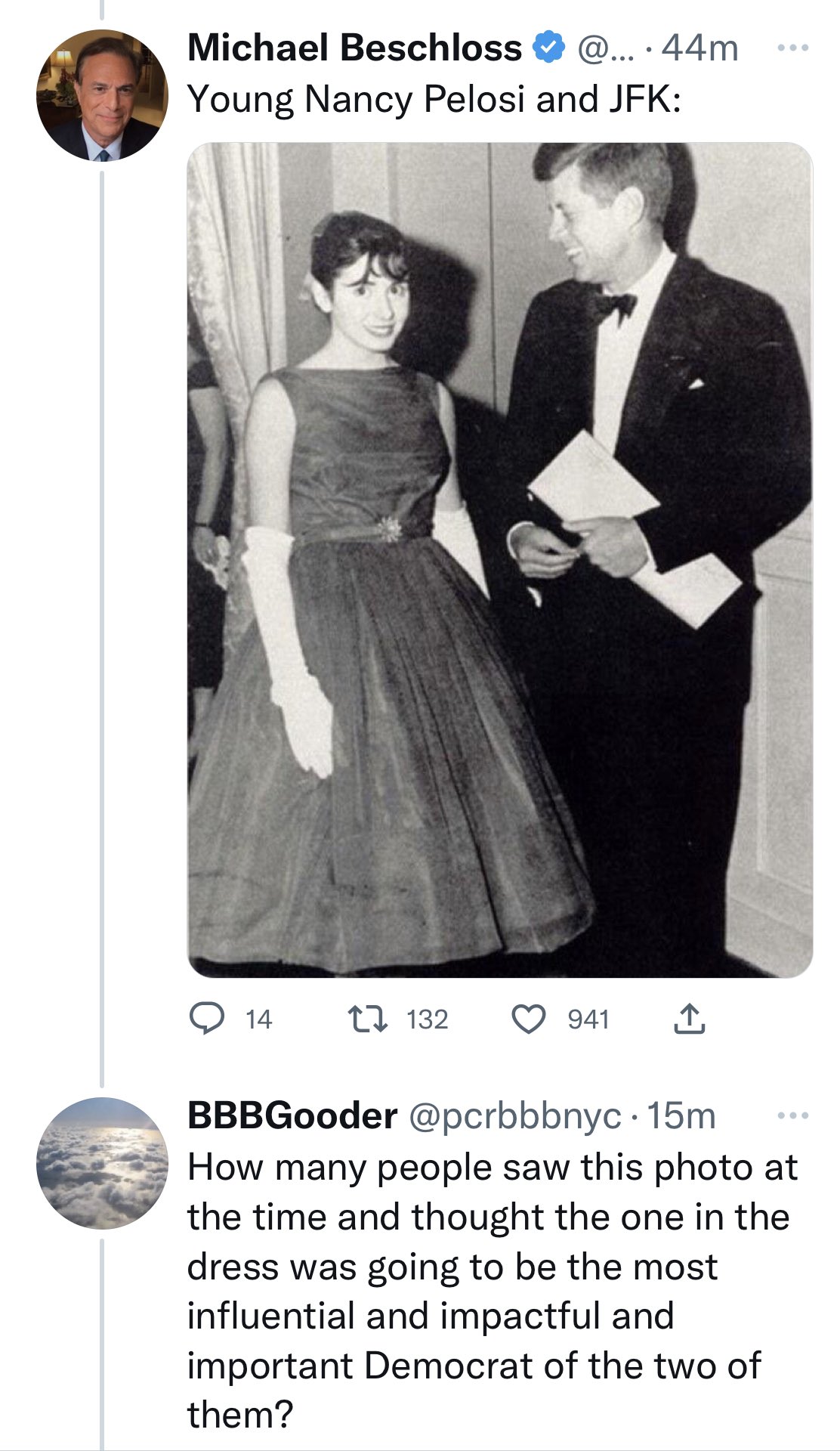MCU’s Proposal prohibits the commencement of a CCAA filing but does not appear to consider the additional cash requirements, increased risk and personal exposure that arises after February 1, 2021 if a CCAA proceeding is not commenced. During our meeting with MCU representatives on January 21, 2021 when the terms of the MCU Proposal were outlined and referred to as final, we asked if MCU was prepared to provide some form of protection or indemnity to Board members for the increased liability that they would be exposed to, if the MCU Proposal was accepted and a CCAA proceeding was therefore not commenced. The response we received was that this would not be provided.
What is this liability?
The letter suggests that the Faculty Union was about to go to court to force the release of documents “that put our financial position, including the historical practice of not setting aside restricted funds, into the public domain”. This, it turns out, is the crux of the matter. The university’s decision, sometime around 2015 probably, to raid the restricted funds for the purposes of funding various renovations and construction (a practice euphemistically referred to as “internal lending” in Laurentian’s Financial Statements – this stuff was hiding in plain sight all along) was simply too embarrassing and a potential cause for litigation against the University and the Board. Entering CCAA and all the chaos that entailed was a preferable alternative to Haché. Indeed, if you read the letter’s schedule B – which sets out the pros and cons of an MCU partial bail-out versus CCAA – one of the main arguments against accepting the Ministry’s offer is that eventually the key details would come out and once the banks and the tri-councils found out about the problem, everything would come crashing down.
The actual cash crunch was caused by early repayment so it looks like the reason for the CCAA was to escape liability for co-mingling restricted funds. This letter was then suppressed by the bankruptcy judge until the end of the process, under the theory that it could disrupt the process.
The idea that you can suck out $30 million in public funds to protect a board from the liability incurred by a breach of their duty of oversight creates some real questions. Like, do we want to allow board's to shed oversight liability so easily? Why was the cost focused on the faculty, with mass layoffs, and not on the board who allowed this co-mingling to occur?
The reason I use the term "Ragnarök" (the fate of the gods) is that I think this outcome is the worst possible public policy result. We insulate the oversight body (already only light accountable) from misconduct and allow the costs to be borne by the institution. Since the costs are huge as compared to the liability shed ($24 million in restructuring plus another $24 million in banking costs versus $36.5 million in now unavailable restricted funds) -- it cost the University almost as much as paying back the restricted funds to do the CCAA.
Which makes it look like an exercise in reducing accountability. It has big implications for the ability to trust a board because if the board makes major accounting errors then it is the faculty who bear the costs (some board members lost their seats, seems different then the loss of a tenured job).
Now it might be that this stays an isolated case. But the breaking of norms and the use of a novel method to avoid liability may well be tempting the next time a board slow walks themselves into a position of considerable liability.








